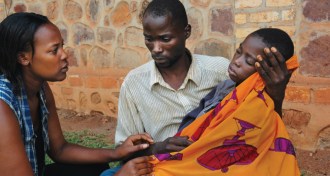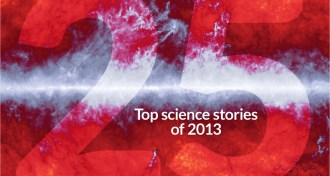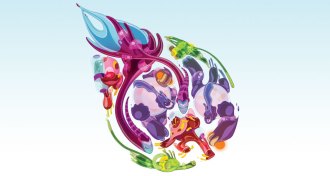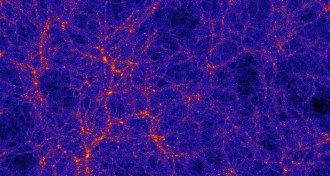Search Results for: seek
Skip to resultsCan’t find what you’re looking for? Visit our FAQ page.
5,122 results for: seek
-

18918
Finally, scientists are exploring the nature of religious experiences. Scientists will soon discover that the final frontiers of science and the origin of religion are one and the same. In authentic Zen Buddhism, ultimate reality is that from which all things come and to which all things return. Astrophysicists are traveling in time to find […]
By Science News -
 Science & Society
Science & SocietyHeal thy neighbor
As antidepressants and other drugs gradually replace psychotherapy in the United States, new forms of the talking cure are growing in popularity in developing countries ravaged by civil war and poverty.
By Bruce Bower -
 Science & Society
Science & SocietyTop 25 stories of 2013, from microbes to meteorites
This year, careful readers may have noticed a steady accumulation of revelations about the bacterial communities that call the human body home.
By Matt Crenson -
 Neuroscience
NeuroscienceThe Aesthetic Brain
How We Evolved to Desire Beauty and Enjoy Art by Anjan Chatterjee.
By Bryan Bello -
 Humans
HumansMother lode
Certain sugar molecules in human breast milk do more to foster beneficial microbes, and banish harmful ones, than they do to nourish newborns.
-
 Neuroscience
NeuroscienceHormone hampers effects of marijuana
Study of pot-blocking brain chemical in rodents could lead to new treatments for cannabis addiction.
-
 Cosmology
CosmologyFilament of cosmic web set aglow
Astronomers say they have glimpsed a brightly lit strand of the cosmic web, the universe’s underlying structure
-

-

-

-

-
